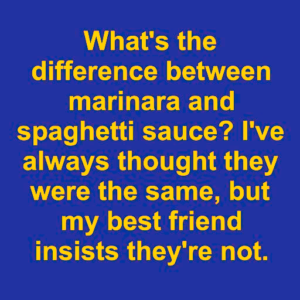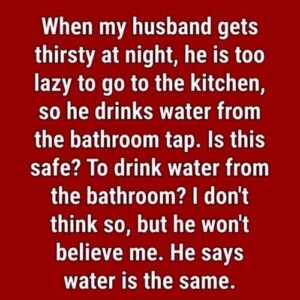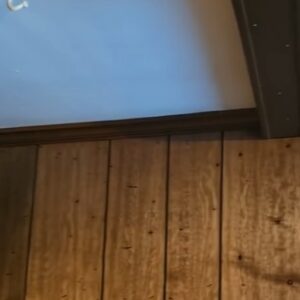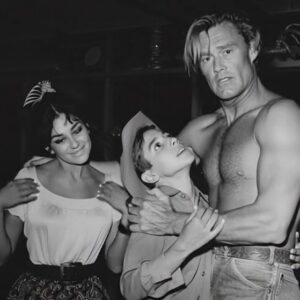The storm hit harder than anyone expected. By the time I pulled into my diner, snow had swallowed the road and eighteen-wheelers lined the shoulder, engines humming in the cold. I hadn’t planned to open, but when one driver—ice in his beard, exhaustion in his eyes—knocked and asked for coffee, I heard my grandmother’s voice: When in doubt, feed people. I unlocked the door. A dozen truckers filed in, silent and grateful. I brewed pot after pot of coffee, flipped pancakes and bacon, and watched the room slowly fill with warmth and laughter.
One washed dishes, another shoveled snow, another played guitar. Strangers became company. The blizzard outside felt less like danger and more like fate. When the radio confirmed the roads would stay closed, panic flickered—food was limited. But the men pitched in. They fixed leaks, cleared paths, made stew from scraps.
We shared bowls over the counter like family. Since my husband died, I’d been running the diner in quiet survival mode. That night, something thawed in me. By the third day, roads reopened. Before leaving, the men handed me a note with a Food Network contact. I shrugged it off—until the call came. Soon a camera crew filmed our storm story. After it aired, customers poured in from towns I’d never heard of.
Donations helped repair the diner. Millstone came alive again—shops reopened, crowds returned, hope followed. Those truckers still check in. And I still think about that night: sometimes kindness shows up unannounced, tracking in snow, asking only for coffee—and ends up changing everything.





